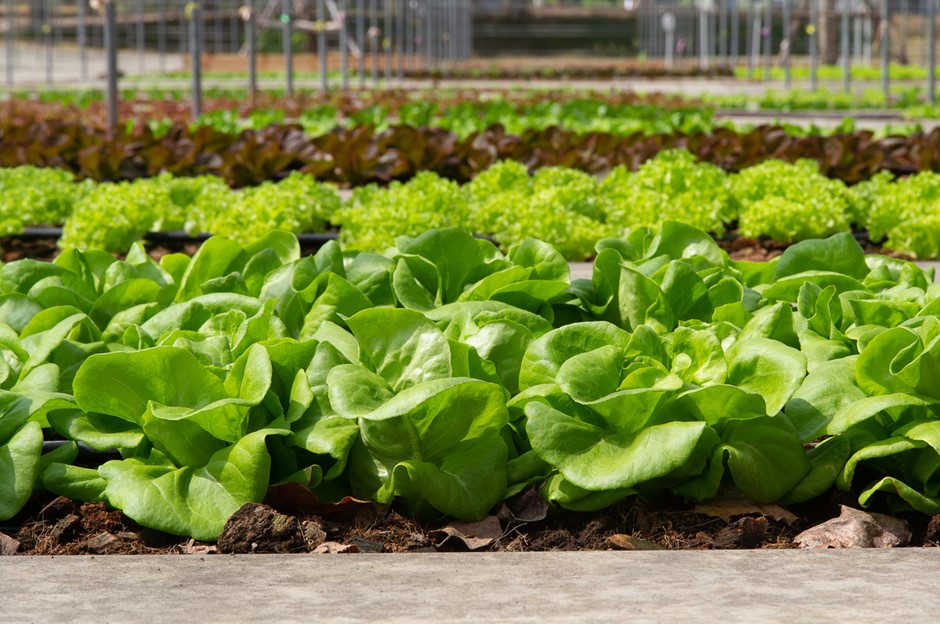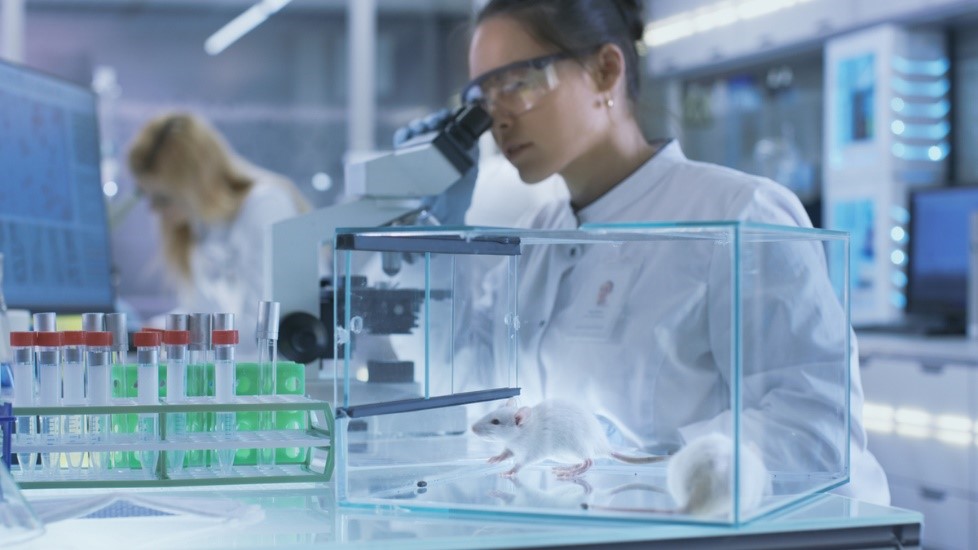Protein Root Discovery seals Future of Climate-proof Plants
Researchers have discovered a protein that seals plant roots to regulate the uptake of nutrients and water from the soil, the discovery could help develop climate proof crops that require less water and chemical fertilizers. Researchers from the University of Nottingham identified new components of the lignin barrier in plant »














